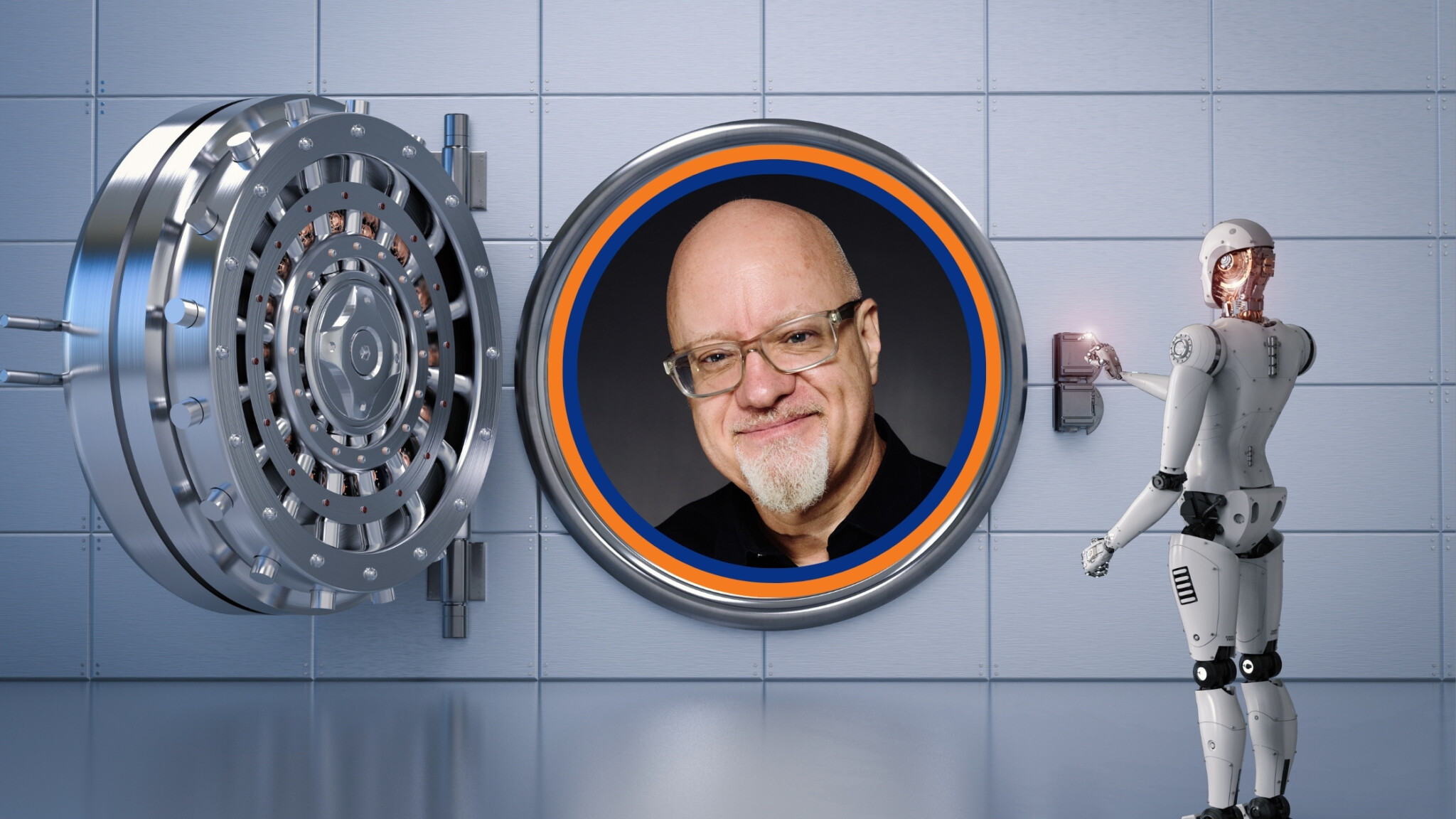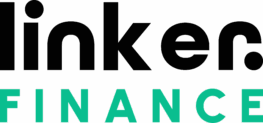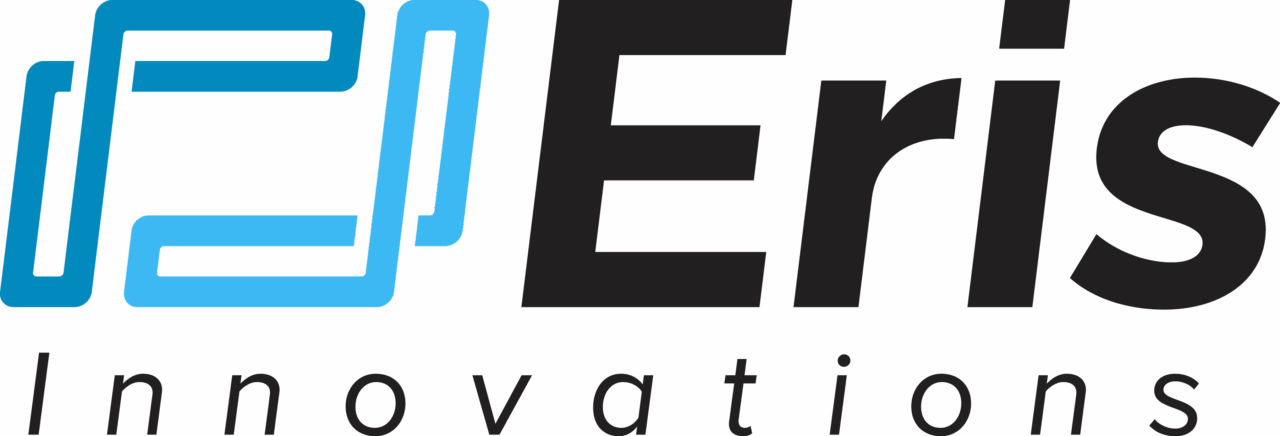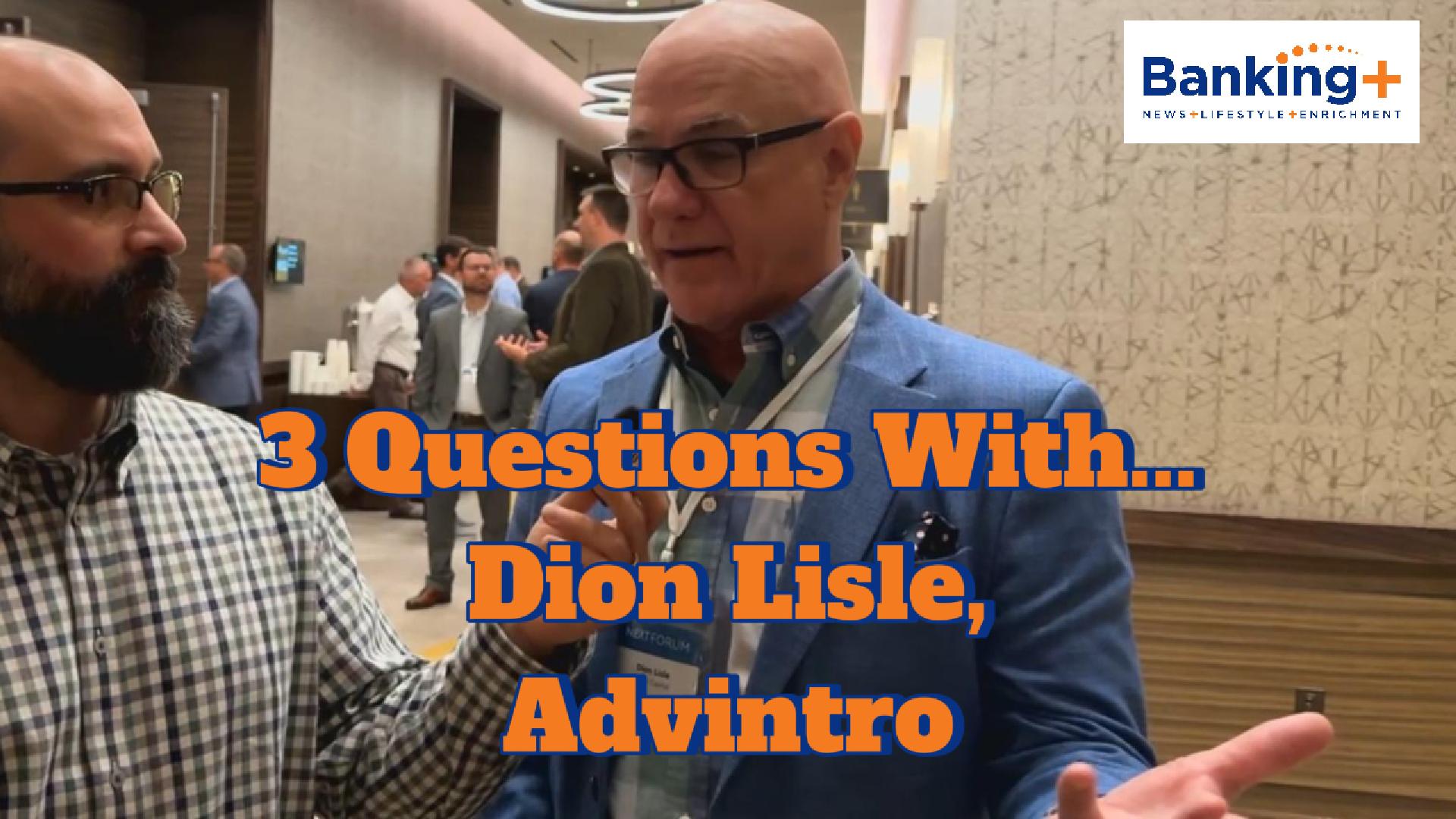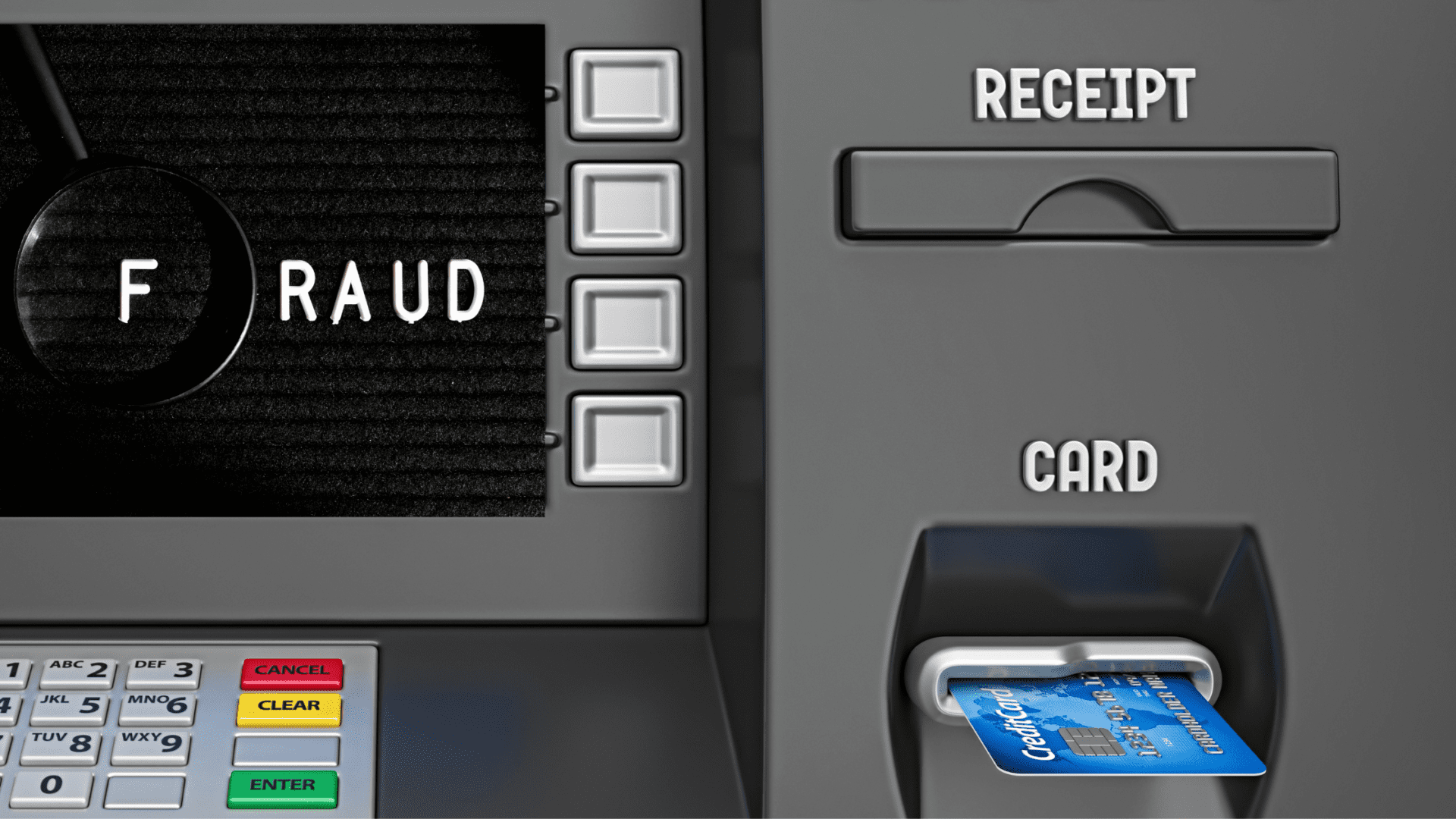Brett King, Financial Futurist, Forecasts the U.S. Banking Industry
I just don’t think most people will think to visit a branch in the future, and I think what we call a bank in 2050 won’t look anything like the community banks that we have in the States today.
– Brett King, Futurist, Fintech Hall of Fame, Best Selling Author
Brett King on AI, Branches, and the Bank of the Future
Brett King, the subject of a detailed Banking+ professional profile, has spent decades studying the forces reshaping financial services. He’s been a programmer, consultant, entrepreneur, bestselling author, and global podcaster. Along the way, his career has consistently anticipated the direction of the industry — from his early calls on mobile banking to his forecasts on digital-first institutions
King’s forecasting influence has caught the ears of White House officials, garnered the attention of international businesspeople, and propelled his books to bestseller status. Despite his prominence, he speaks in clear, direct terms about what’s ahead and why it matters.
As he has stated plainly, “If you want to understand the future of banking, look at the behaviors already emerging in your customers. They’ll tell you more than any branch traffic report ever will.”
That track record makes his predictions worth noting.
Why the Future of Banking is Branchless
King has long been candid about the future of branches. As far back as 2012, he spoke of their gradual extinction.
“By 2030, the number of branches in the United States will be halved from the peak we saw in 2008,” he predicted. “Critics once labeled me the ‘Death-of-the-Branch’ guy, but the numbers are bearing it out.”
As an author, he has explored not only the decline of branch networks but also the community challenges that this shift creates. “Customers will tell you the branch is important,” King notes, “but their behavior says otherwise. In reality, mobile and digital have already become the default.”
Neobanks: The Fastest-Growing Force in Financial Services
King’s track record of forecasts is difficult to ignore. “In 2005, I said mobile would surpass branches by 2015. At the time, few believed me,” he recalls. “But that’s exactly what happened.”
He points to the dominance of mobile wallets and neobanks as evidence of where banking is headed. “Mobile wallets now account for twice the transactions of plastic cards globally. And the fastest-growing banks in the world — Nubank, WeBank, Revolut — are all digital pure plays. No bank can acquire hundreds of millions of customers through branches. Digital is the only viable path.
“The most efficient, fastest-growing banking organizations in the world now are all digital acquirers of customers, and that’s where the innovation is occurring,” King concludes.
Invisible Credit: The Future of AI-Driven Lending
When it comes to artificial intelligence in banking, King is direct: “If customers need to speak to a human, the bank’s design has failed.” He points to WeBank, where 98 percent of inquiries are already handled by AI, as an example of what’s coming everywhere.
Looking ahead, he envisions personal AI agents handling daily banking, and AI servicing lending clients.
You won’t fill out loan applications. If you don’t qualify, you won’t even see the offer. Your personal AI will negotiate that for you. Credit will become invisible, embedded in real-time interactions.
If there’s a face to AI in business today, it’s ChatGPT. King sees the potential for both good and bad within its capabilities. The upsides include speed, convenience, uniformity. Downsides, however, include a number of professions in danger of becoming antiquated.
“Someone will look at ChatGPT5 right now,” he muses, “and say ‘It’s never going to take my job.’”
King defines this oncoming workplace possibility as “tech nonemployment.” He explains: “When someone talks about it, what they don’t see is the scaling laws in AI. They don’t see the improvements in AI over just the past two years.
They don’t understand that every major CEO of every AI company is talking about the significant return on investment that AI is going to produce in removing humans.
King’s observations become even more compelling when factoring in the exponential improvements in AI that are currently unfolding.
Consumer preferences for streamlined efficiency in their banking relationships are sure to follow.
“I just don’t think most people will think to visit a branch in the future,” King observes. “And I think what we call a bank in 2050 won’t look anything like the community banks that we have in the States today.”
Continued Reading: More on AI in Banking
Want to learn more about how AI is transforming the financial industry? Explore our other stories on the topic:
Predictions for Bank Consumers
King’s forecasts stretch beyond institutions to the everyday consumer. “Your smart glasses will know your spending habits,” he explains. “At checkout, if funds are low, your AI will prompt: Transfer from savings or access credit? Here’s the fee. Proceed?
The Broader Impact of Automation in Banking
King also examines the broader implications of automation. “The most efficient economies in 2050 will be highly autonomous,” he says. “Transportation, energy, farming, and shipping will be run largely by AI and robotics.” He warns that the U.S. risks falling behind countries like China.
“China’s up to 70 “dark factories” right now, which are factories that are fully automated without a single human on the factory floor. No need for lightbulbs.” he explains.
Such changes may demand new social contracts. “We may need a universal basic income. AI isn’t like the Industrial Revolution or the Internet. It’s the first technology explicitly designed to take humans out of the workforce.”
An Optimistic Outlook on an Uncertain Banking Future
King doesn’t shy away from the tension in his forecasts. “If we continue on our current path, I’m pessimistic. But I’m optimistic that technology will deliver more inclusion and personalization than ever before. Your personal AI will make banking simpler, faster, and far more accessible than a branch could ever provide.”
For bankers weighing the future, King’s predictions are as challenging as they are compelling: a glimpse of an industry on the cusp of reinvention, from someone who has built a career on anticipating tomorrow.
Ready to Prepare for the Future of Banking?
A detailed array of King’s observations of the present banking atmosphere and where it may be heading tomorrow can be found in his new book, Branch Tomorrow.
Early reviews have been overwhelmingly positive. Anne Boden, CEO and founder of Starling Bank, London, writes: “Yet again, Brett King brings together some of the most knowledgeable and experienced figures in global fintech for this authoritative guide to the very latest mega trends.”
It is available, among other places, at Amazon.
Curious about the journey that shaped his revolutionary ideas? Dive into Banking+’s professional profile of Brett King.
The insights above are a glimpse into Brett King’s vision for the future of finance. See the full interview with Futurist Brett King:

